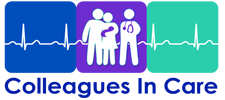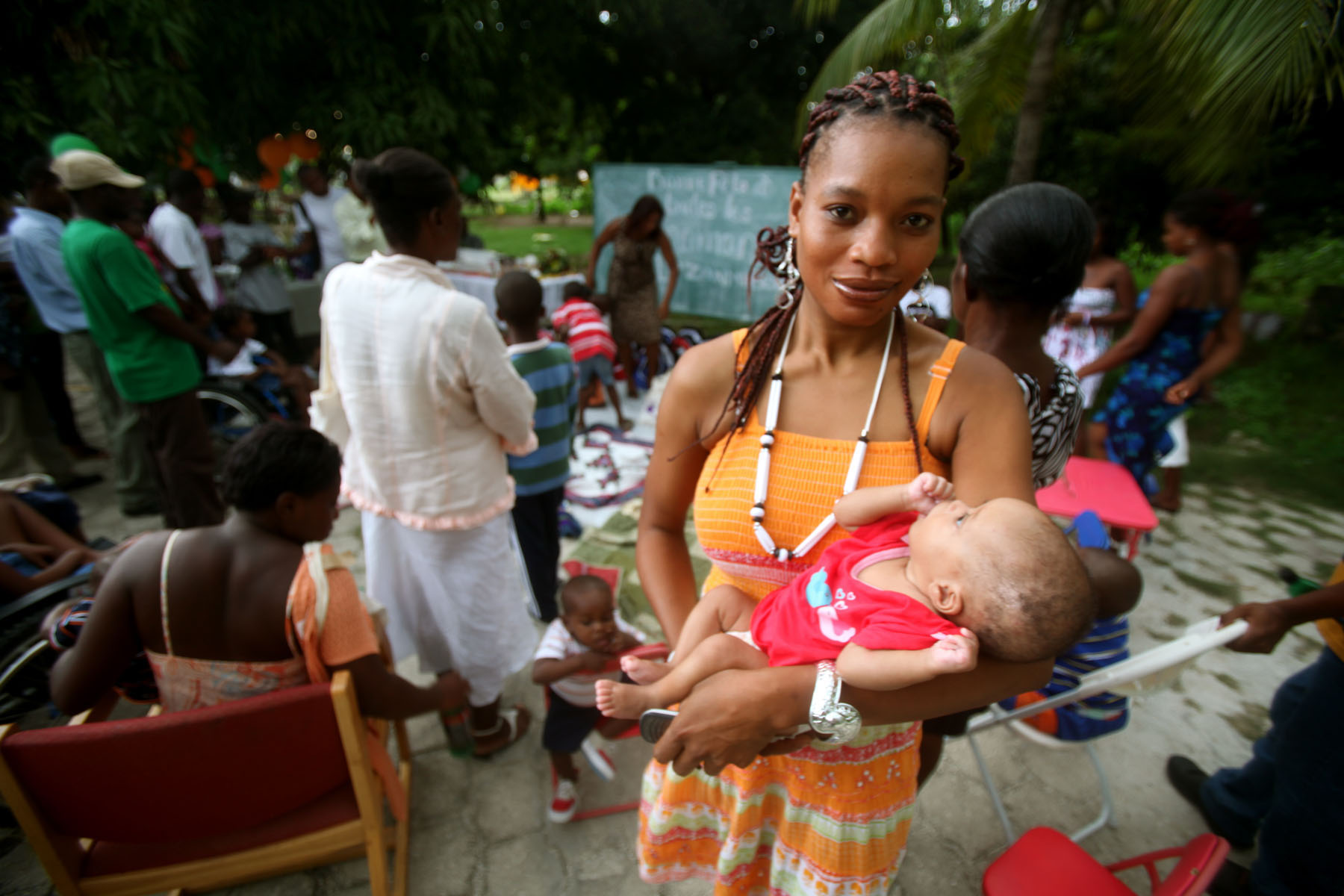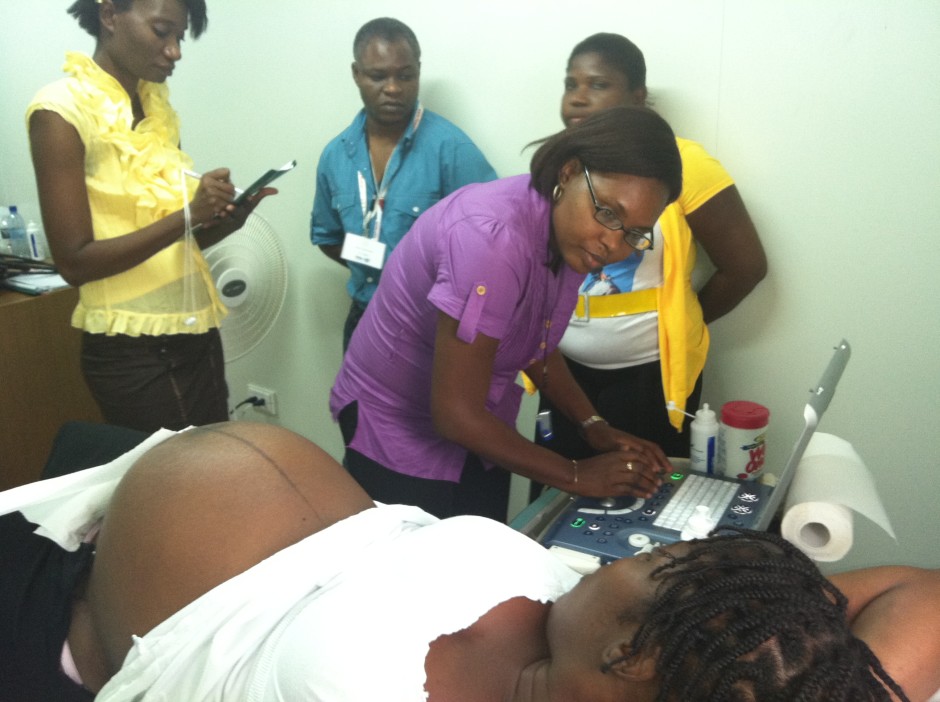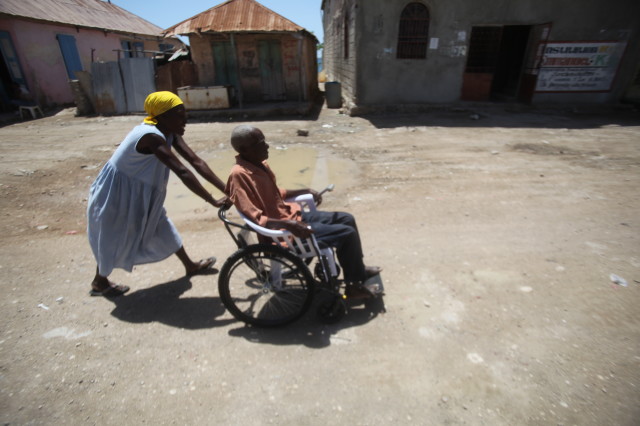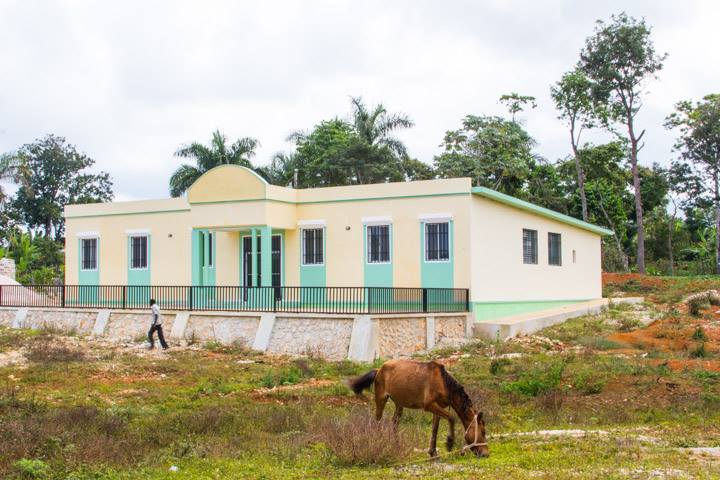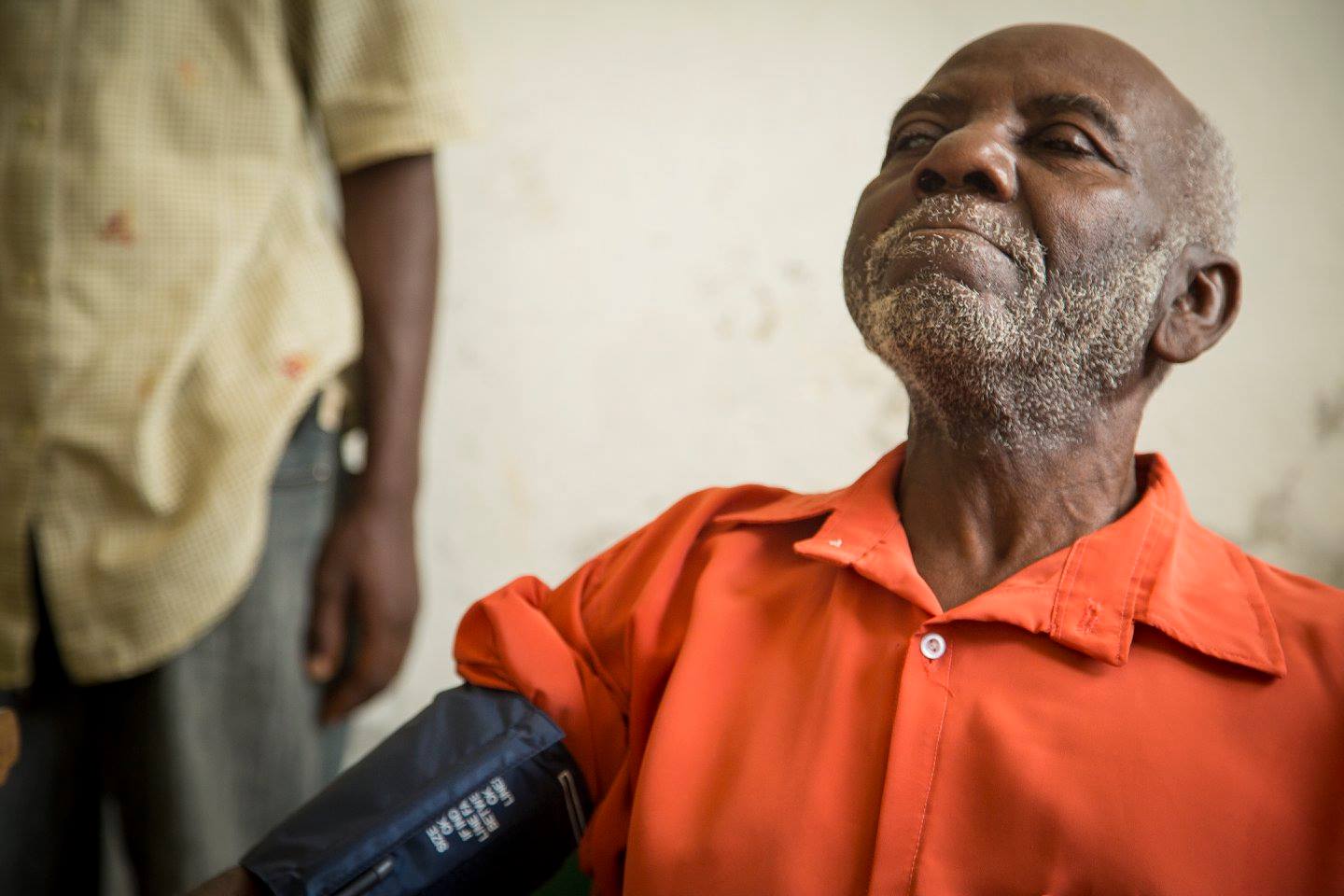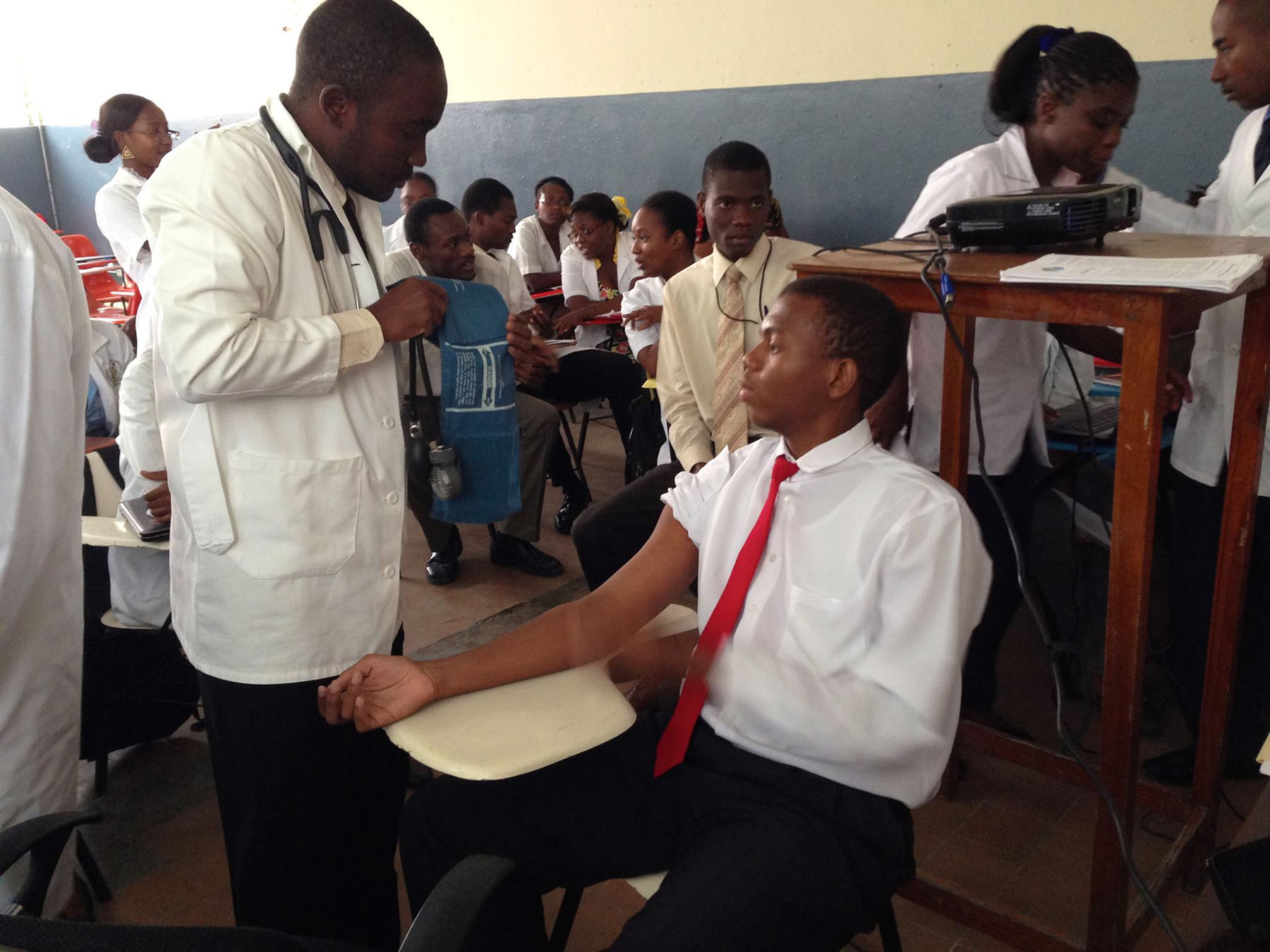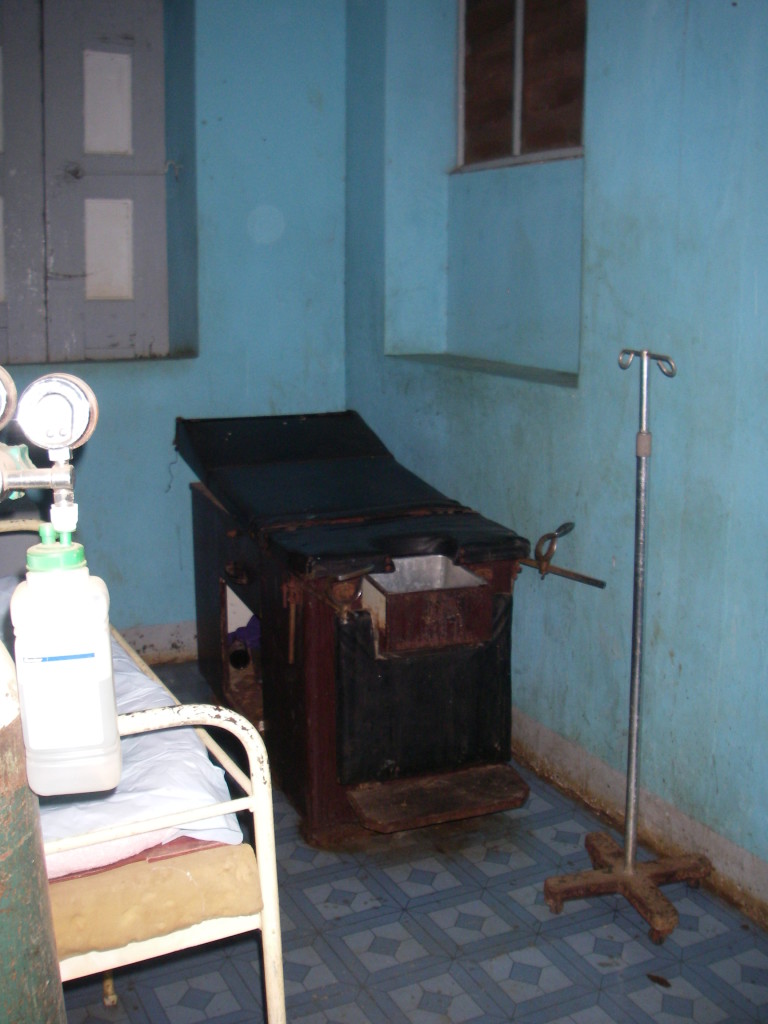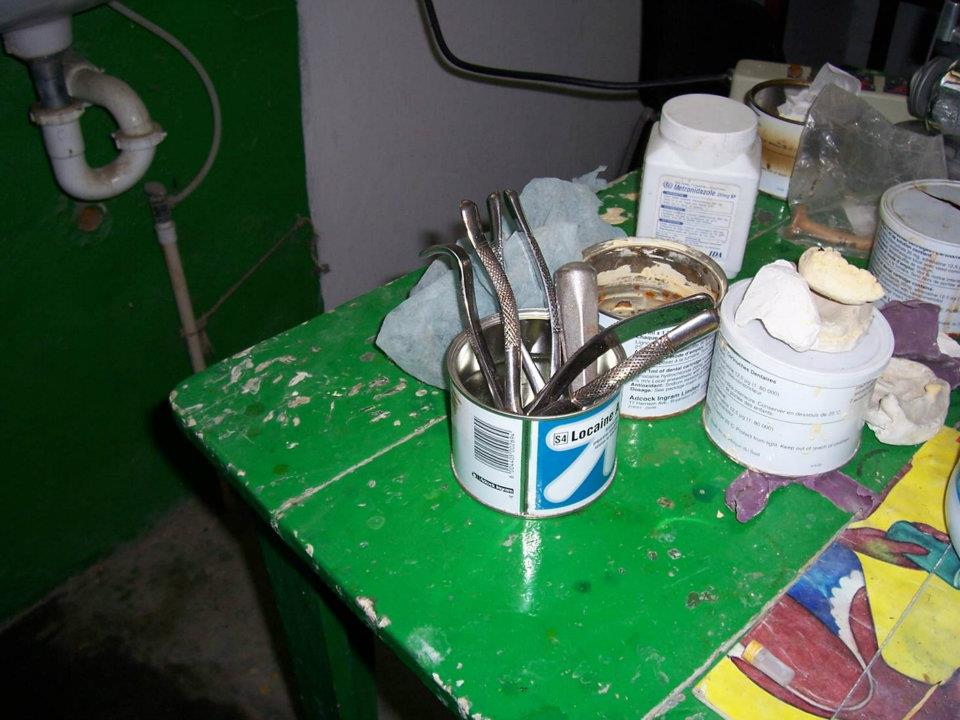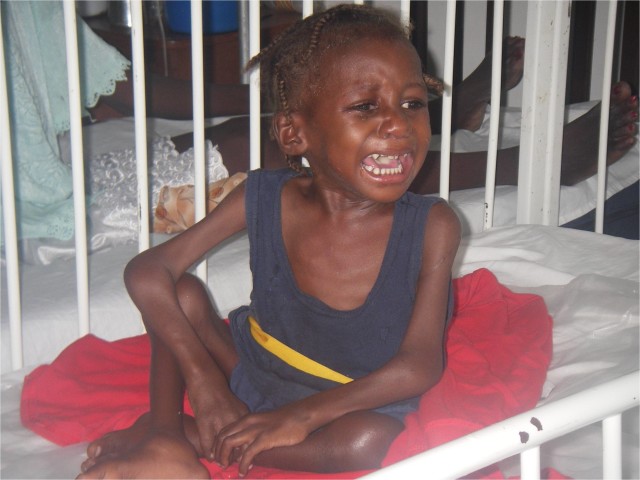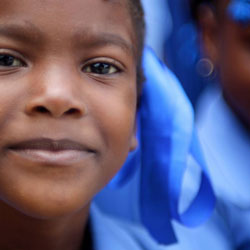Colleagues In Care focuses on empowering healthcare providers in developing countries to become more effective given their limited resources. We leverage technology to provide training, develop protocols to improve outcomes, and provide rural communities critical access to health care through our Baptiste clinic.
Only 37% of Women Give Birth Under the Care of a Skilled Birth Attendant
CIC’s Medical Obstetrics (EMO) Program Trains Medical Staff to Quickly Evaluate, Triage and Treat women
One in 80 women are at risk of dying during pregnancy. Hypertension, Preeclampsia and Peripartum Cardiomyopathy are leading causes of maternal morbidity and mortality. Infant mortality rates are 47 deaths for every 1000 births.
CIC's EMO program trains medical staff to quickly evaluate, triage and treat women who present with catastrophic, life threatening illnesses during pregnancy or the postpartum period. Training workshops to include: Team Learning Labs, ACLS-OB, Helping Babies Breathe, and the CIC web intubation simulation collaborative learning program.
60% of Haitians Must Walk 9 Miles To Receive Medical Care
With the Construction of the New Baptiste Clinic, CIC Is Improving Healthcare Access
The new Baptiste Medical Center serves approximately 40,000 inhabitants from the town and surrounding area of Baptiste, Haiti.
The new improved clinic boasts running water, electricity, a laboratory, pharmacy and rooms for consultation, minor procedures, observation, isolation, delivery and postpartum as well as a staff conference room and storage area.
34% Prevalence Of Hypertension In Adults
CIC’s Haiti Hypertension Program Brings Together International Medical Leaders to Develop Best Possible Practices for Diagnosis and Treatment
Hypertension deaths in Haiti reached 2,127 or 2.66% of total deaths. The age adjusted death rate is 35.59 per 100,000 of population which ranks Haiti #15 in the world. And 62.2 percent of men and 47 percent of women were not aware that they have hypertension.
Our Hypertension Program trains healthcare workers from rural to urban centers, from medical and nursing students to graduated providers, as well as community workers in the diagnosis and treatment of hypertension and incorporates composite risk stratification and appropriate utilization of, pharmacology, laboratory, and diagnostic testing. We have also developed a Blood Pressure Specialist Certification Course.
Establish Best Possible Practices
Best Possible Practices = How We Improve Health Care in Communities With Limited Resources
Access to the best possible medical care isn't a reality in most rural communities were resources are almost non-existant. The standards of care and practices that we are utilize aren't realistic in these areas where diagnostic and medical equipment is scarce.
By collaborating with other medical professionals, we are developing Best Possible Practices; a protocol that helps health care providers become more effective despite the limited medical resources available to them. Our goal is to teach them to use what they have available to acheive the best possible outcome.
69% of Haitian Children Have Intestinal Parasites
CIC’s School and Community Health Outreach Program is Educating and Treating Children
As many as 52% of haitians do not have access to clean drinking water and 80% do not have access to clean sanitation facilities, which contributes to the alarmingly high prevalance of parasitic infection in children. Because these parasites can consume as much as 20% of a child's nutritional intake, some of the complications can include malnutrition and growth stunting.
With the Ministry of Health and Operation Blessing International (OBI), this program has successfully treated hundreds of pre-school and school-aged children in the Central Plateau of Haiti.
A coloring book developed in collaboration with JAMS Books explains in picture format to the illiterate and very young how two Haitian children sick from infestation, are cured and learn prevention. The coloring book is distributed at the time of treatment and used in the schools to reinforce and help reduce future exposure.
